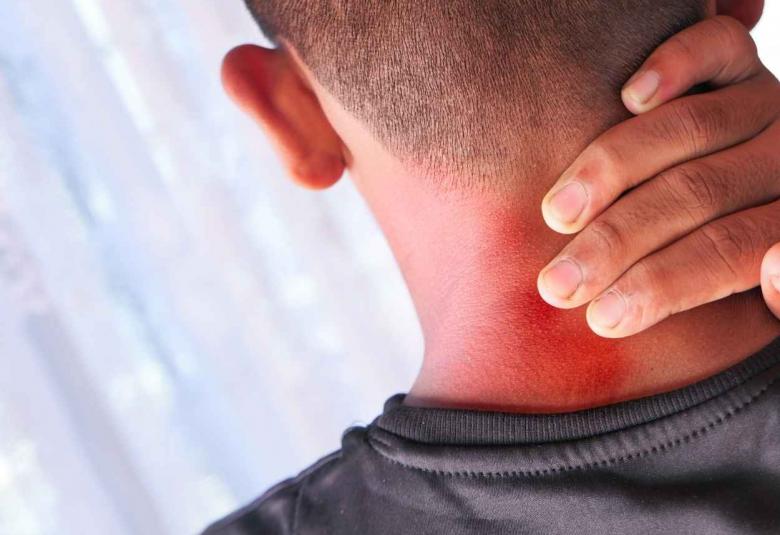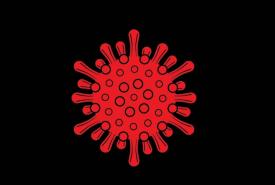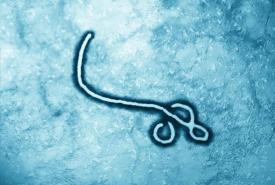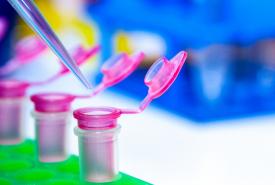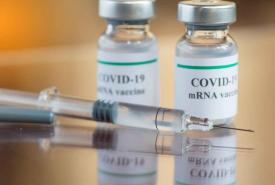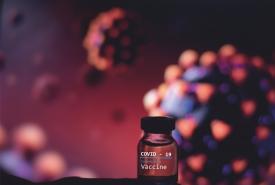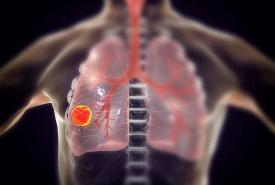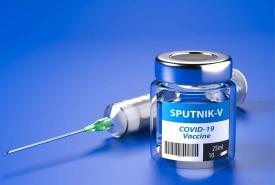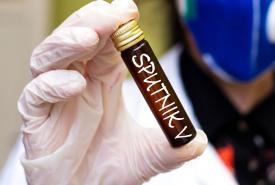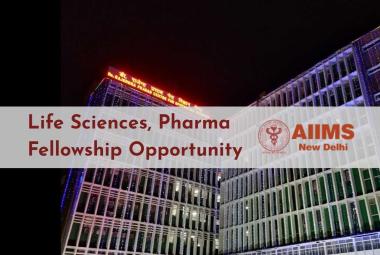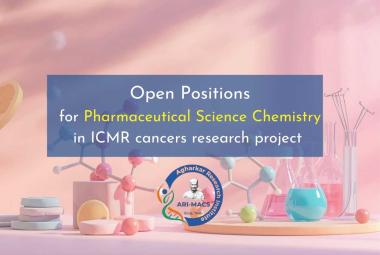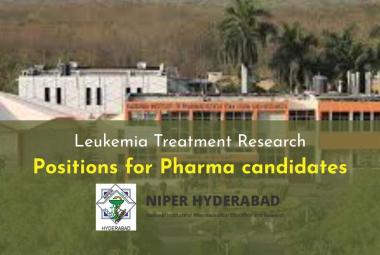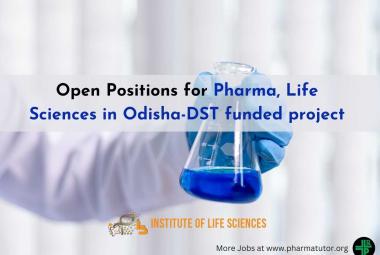A new treatment for rare muscular disease
Rare diseases are sometimes the most difficult to treat because of a lack of research and fewer participants to study. An example would be those who have Pompe disease, a genetic condition when a body can't make a protein that breaks down a complex sugar, called glycogen, for energy. Too much glycogen builds up and damages muscles and organs. The disease causes muscle weakness and trouble breathing and can affect the heart and muscles.


